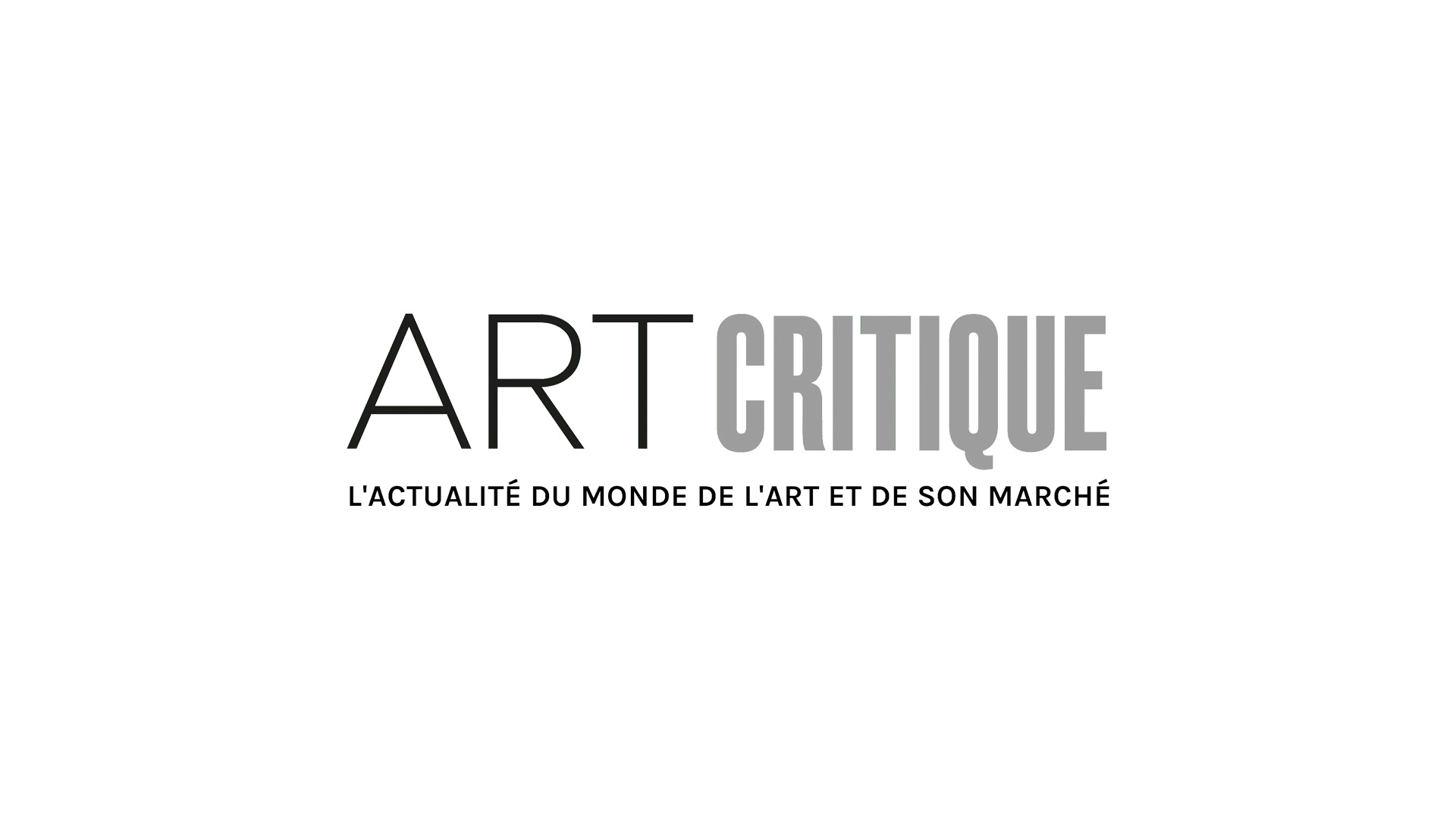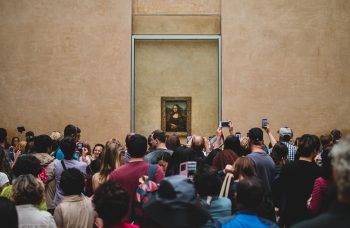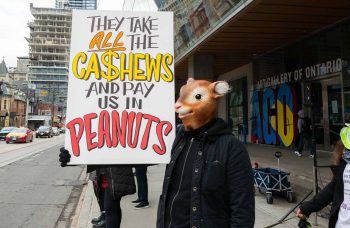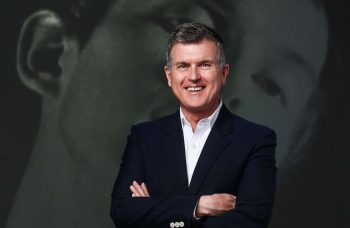Tate Britain announced today that the 2020 edition of the Turner Prize has been called off, like so many things this year, due to COVID-19.
Though the Prize, which offers a top prize of £25,000 accompanied by three £5,000 prizes for each runners up, won’t go on in its usual manner, Tate Britain will instead award £10,000 to 10 different artists instead in what they’re calling Tate Bursaries. Tate Britain’s decision to modify the prize into a one-off bursary this year is a direct response to the current crisis faced by the world that has heavily affected artists.
“Gallery closures and social distancing measures are vitally important, but they are also causing huge disruption to the lives and livelihoods of artist,” said Alex Farquharson, Tate Britain director and chair of the Turner Prize jury, in a statement made today. “The practicalities of organising a Turner Prize exhibition are impossible in the current circumstances, so we have decided to help support even more artists during this exceptionally difficult time.”
Over the last year, Turner Prize jurors have visited hundreds of exhibitions and galleries to seek out deserving artists to nominate for the Prize. Working through lockdown, the jurors will continue their search for 10 artists, conducting virtual meetings with those in the running for the 2020 Turner Prize Bursaries. The 10 lucky artist who will receive this unique replacement for the Turner Prize will be announced in June.
Begun in 1984, the Turner Prize traditionally focuses on four shortlisted British artists who best represent and have significantly contributed to contemporary art in the UK. Typically, their works are then exhibited in a show alongside each other with the winner announced in December. This year, the exhibition would’ve returned to London’s Tate Britain; however, the pandemic and lockdown made this impossible. That was when Tate Britain chose to go a different route, opting to spread a £100,000 fund amongst 10 jury-selected artists, to support their work in such uncertain times.
“Every year there’s always a surprise of some kind,” Nicholas Serota, director of Tate from 1988 through 2017, once said of the award. The Turner Prize has garnered both criticism and praise in its three decade history and its winners have included some of the art world’s biggest names like Anish Kapoor (1991), Rachel Whiteread (1993), Damien Hirst (1995), Steve McQueen (1999), and Jeremy Deller (2004). Last year, the shortlisted artists, Lawrence Abu Hamdan, Helen Cammock, Oscar Murillo, and Tai Shani, shook up the Turner Prize when they requested that the jury not select a singular winner allowing for the four artists to split the prize evenly.
Jury members, this year, include Richard Birkett, Curator at Large at the Institute of Contemporary Arts; Sarah Munro, Director of BALTIC Centre for Contemporary Art; Fatoş Üstek, Director of Liverpool Biennial; and Duro Olowu, designer and curator.
“I think JMW Turner, who once planned to leave his fortune to support artists in their hour of need, would approve of our decision,” continued Farquharson. “I appreciate visitors will be disappointed that there is no Turner Prize this year, but we can all look forward to it returning in 2021.”





